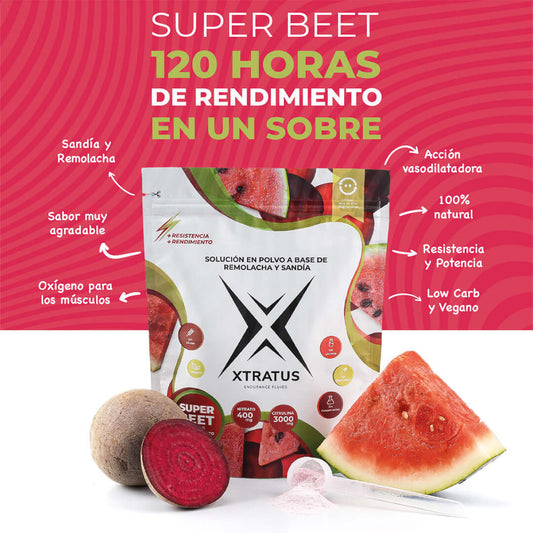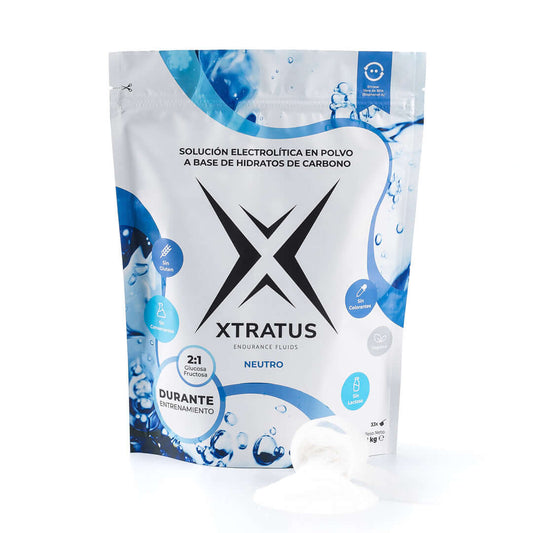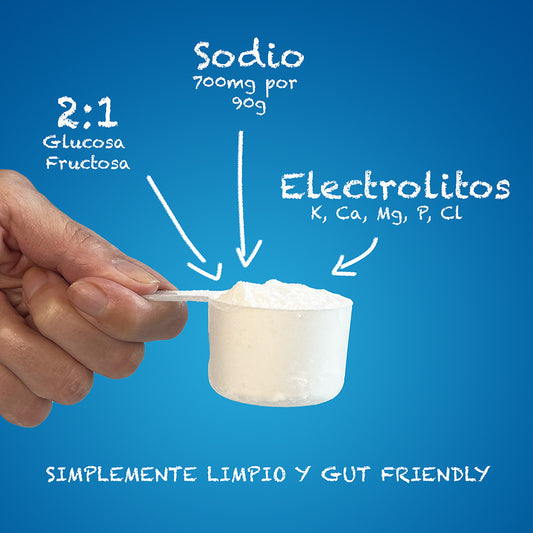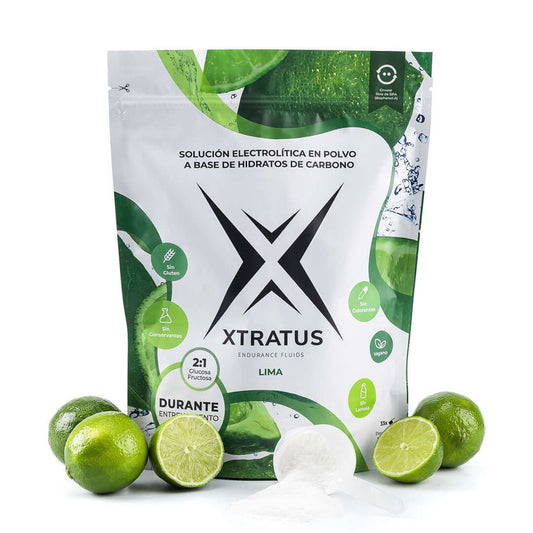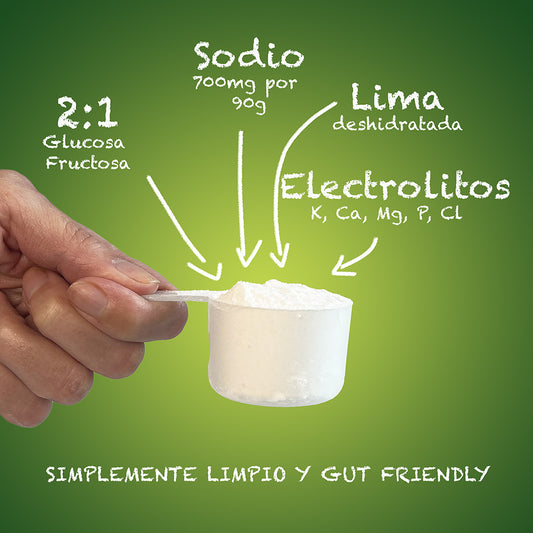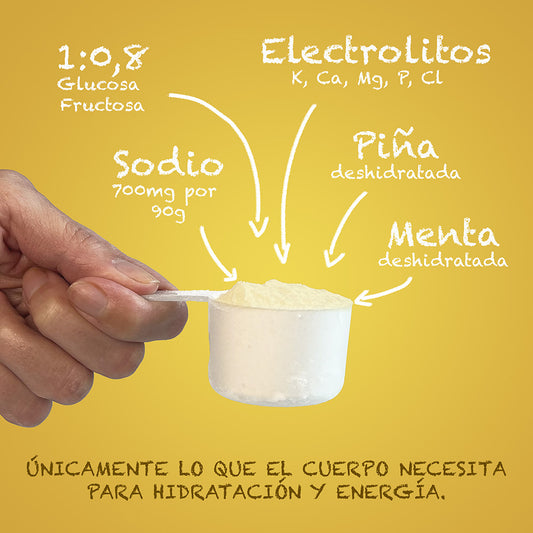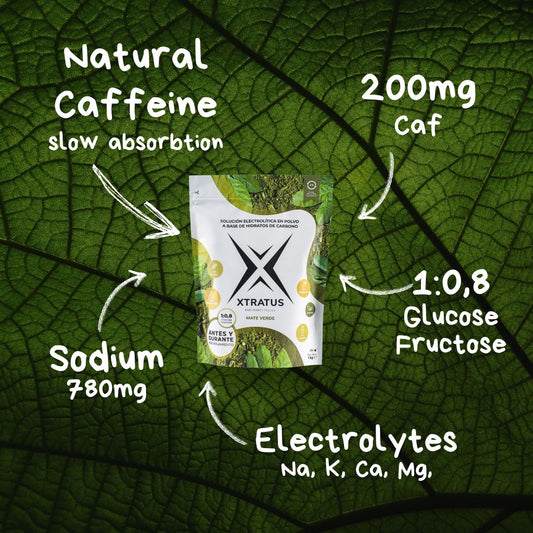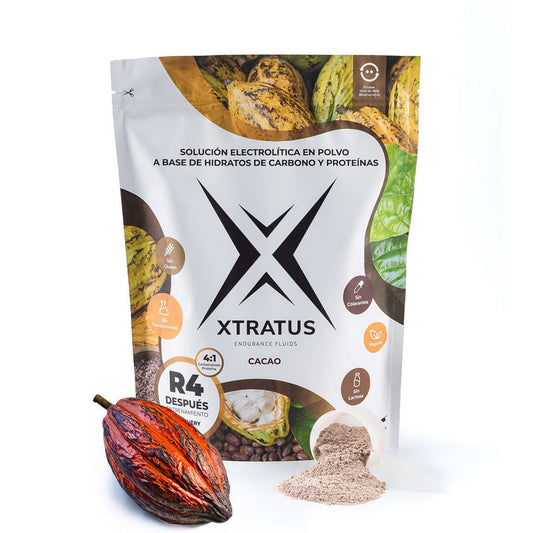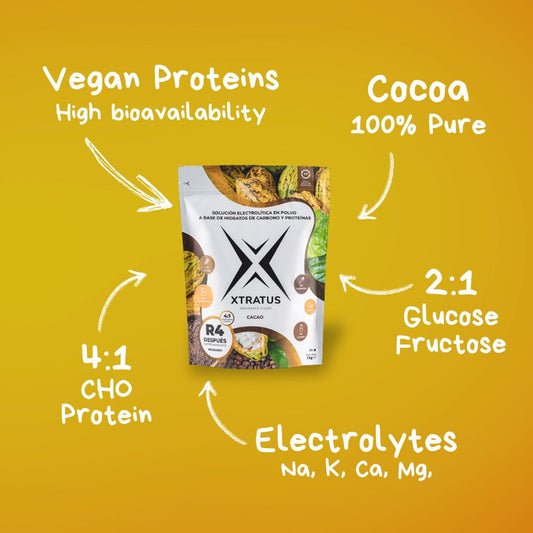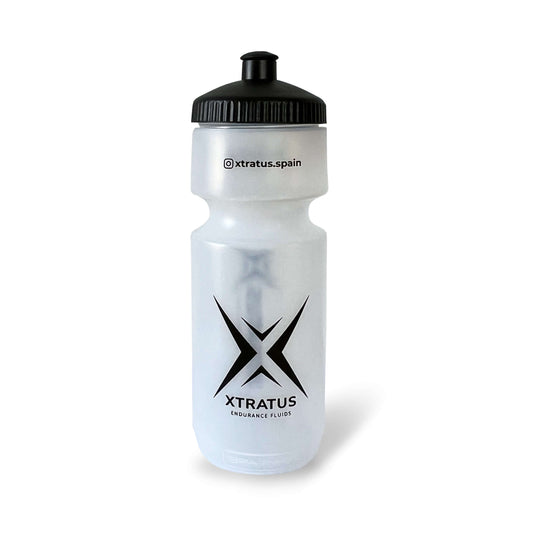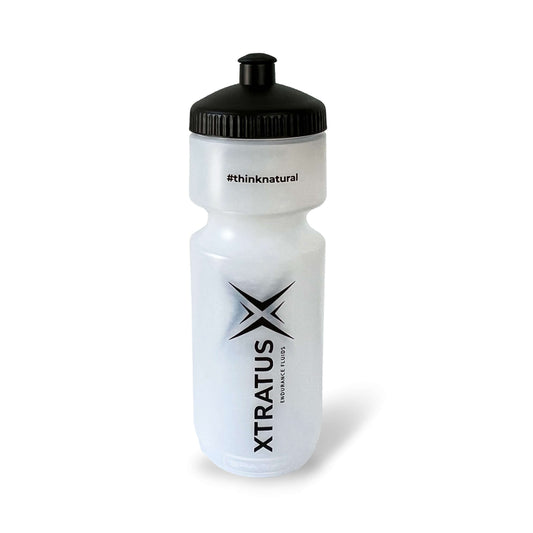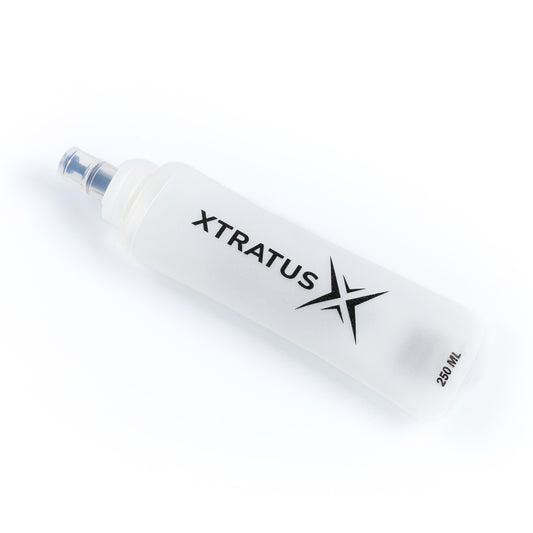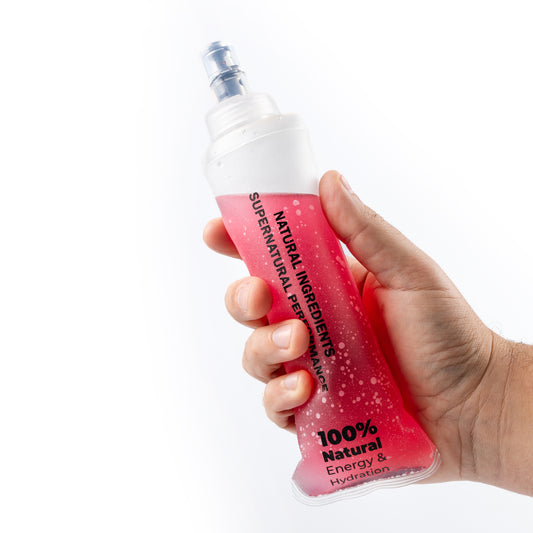
Can teenagers consume sports supplements ?
Yes, as long as they are suitable supplements, free of ingredients that harm the body and health, and with the support of a professional.
Read on to understand how supplements can help teens who participate in endurance sports.
Adolescence is a crucial stage in the physical and mental development of young people, and when the demands of growth are combined with participation in high-performance sports activities, nutrition becomes a key factor.
According to pediatrician and triathlete Dr. Deivide Souza, during this stage of maturation, adequate nutrient intake plays a fundamental role in the physiological balance, athletic performance, and overall well-being of adolescent athletes.
So understanding these transformations is essential to promoting healthy lifestyle habits and maximizing the potential of young athletes.
Changes in Energy Expenditure and Fat Burning During Puberty: A Journey of Physical Transformation
Increased energy expenditure
Puberty is a period of profound and accelerated changes in the human body, marked by sexual development, growth, and physical transformation. These changes directly affect energy expenditure and the way the body burns fat, influencing adolescents' health and athletic performance.
This increase in energy consumption is largely due to accelerated growth, tissue and organ development, and, above all, the increase in muscle mass. The more muscle, the more energy is required.
As the body goes through puberty, an increased capacity for fatty acid oxidation is observed during exercise, suggesting that adolescents may rely more efficiently on fat stores as an energy source during physical activity.
Changes in body composition
Teenagers tend to experience an increase in lean mass, including muscle and bone, as well as an increase in fat accumulation, especially in certain areas of the body. These changes can influence how the body uses stored energy.
It's important to note that these changes and the need for more energy are even greater among adolescent males, as testosterone plays a role in building muscle mass.
Importance of Sports Nutrition in Adolescence
In this phase of transformation and rapid growth, proper nutrition not only contributes to athletic performance but also influences long-term health.
For them, a diet that provides sufficient calories, essential nutrients, and protein will contribute to optimal growth and development.
In sporting terms, you have to have a nutritional replacement so as not to create an imbalance and affect the health of young athletes.
Studies suggest that the younger a person begins aerobic exercise, the better their endurance levels will be in the future.
Therefore, encouraging varied physical activities that promote both cardiovascular endurance and muscle development is extremely important among adolescents and pre-adolescents.
Combining strength training and aerobic activity can help teens maximize their fat-burning capacity and improve their athletic performance, while also maintaining nutritional balance.
Carbohydrate Use in Adolescents: The Main Energy Source
Carbohydrates are the body's primary source of energy, and their importance in the diet of adolescent athletes cannot be underestimated.
The amount of carbohydrates needed varies depending on the type, intensity, and duration of exercise, as well as the individual characteristics of each athlete.
It is recommended that adolescent athletes obtain at least 55-75% of your total calories of carbohydrates.
For an amateur-elite adolescent athlete, the recommended carbohydrate intake is 30g to 60g per hour of exercise.
Just like sports, carbohydrate consumption must also be monitored, and its intake can vary depending on the type of sport and the individual athlete's strategy.
Hydration and electrolyte replacement
In addition to carbohydrates, proper hydration and electrolyte balance are essential for maintaining health and growth in young athletes.
In general, a teenage swimmer has a sweat rate of about 130ml per 1000m swum.
So, athletic teens should drink plenty of fluids before, during, and after exercise to prevent dehydration.
Use of isotonic drinks in adolescent athletes
During puberty, adolescents begin to eat more to adapt their physiology. But eating more doesn't mean eating poorly.
Although fat burning is higher in adolescents, it is crucial to seek a healthy and balanced diet, with all the nutrients the body needs: carbohydrates, proteins, and fiber.
However, the use of sports drinks containing carbohydrates and electrolytes is very beneficial for adolescent athletes, especially during intensive aerobic training sessions.
Just as we choose the best fruits on the market, even better if they are organic, it is very important to choose good quality supplements, such as the line Xtratus.
Look for energy drinks that have the correct carbohydrate ratio, which should be 2:1 or 1:0.8 between Glucose:Fructose.
Choose maltodextrin as your glucose source.
Choose supplements without chemical additives, sweeteners, flavorings, preservatives, and other nonsense that can affect gut microbiota and impair athletic performance.
Supervision and Professional Advice
Sports nutrition plays an essential role in adolescent athletic performance, but every adolescent is unique, and their nutritional needs can vary significantly.
The supervision of a healthcare professional is essential to ensure that adolescent athletes receive proper nutrition tailored to their specific goals and needs.
Ultimately, by focusing on adequate carbohydrate intake, along with proper hydration, adolescents can optimize their performance, accelerate recovery, and ensure healthy development during this crucial stage of life.
Professional guidance is key to ensuring that each athlete receives safe, personalized nutritional advice.


